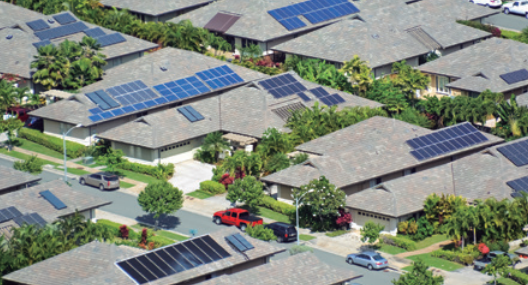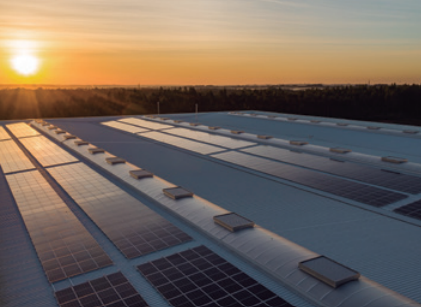NEON focuses on Citizen Energy Communities (CECs), both residential and industrial. The project is being developed through four pilot projects located in Spain, France and Italy. Since its inception in September 2021, work has been carried out on the co-creation of integrated energy services and cross-sector agreements, as well as on the contractual and financial aspects of integration between services. These four pilot projects are located in areas with very diverse characteristics and needs, allowing different scenarios to be explored and different possibilities and “ad hoc” solutions to be studied.
The Italian pilot project is located in the north of Sardinia, in Berchidda. This energy community consists of residential and public buildings. In France, two pilot projects are located, one of them has been established in a tourist complex called Domain de la Souce, while the other French energy community groups a territorial collectivity called Stains. The Spanish pilot project, located in the municipality of Villacañas, gathers together several industrial buildings and residential houses.
Over the last few months, the Spanish pilot project has been working to achieve the highest possible energy efficiency, maximizing energy production and using the available territory in the most efficient way. In addition, producing and storing energy, this community energy has the possibility of selling or transferring excess energy to nearby buildings or even neighbouring cities, adapting to the energy needs of the moment. It will be possible thank to a virtual exchange energy platform. It adds value to the community and increasing service delivery. This energy community not only drives community economic development, but also strengthens communityties.

The pilot projects have faced several challenges, both past time and present, above all in their implementation and operation, and the several solutions adopted can be transferred to future projects. Regarding the obstacles to overcame, it is worth mentioning those related to regulation framework, which in some areas, is complex and changeable, and this can cause that the implementation of these projects is a challenge. It is essential that the community members are open to adopting and using the energy services offered by the community, so it is important to have informed and involved citizens. An interesting solution that can be implemented is a tool that allows members to know the generation and consumption of energy in real time, as well as the destination of surplus energy. Thus, members can become more engaged in the energy development of their community. In addition, other technical challenges that had to be overcome, is adapting its technology to the characteristics of the area, taking into account possible climatic problems, and betting on a strong interconnection; always with the aim of ensuring the security and continuous supply of energy to the members of the community.

In the short term, the NEON project aims to improve the quality of life of European citizens through energy services integrated with cogeneration. Both the Spanish pilot project and those located in Italy and France focus on maximizing energy efficiency, adapting to the energy needs of the moment. Despite the regulatory, technical and social challenges, energy communities encourage local economic development, to promote energy independence, reducing the local carbon footprint and strengthen communityties.
Written by APPA Renovables